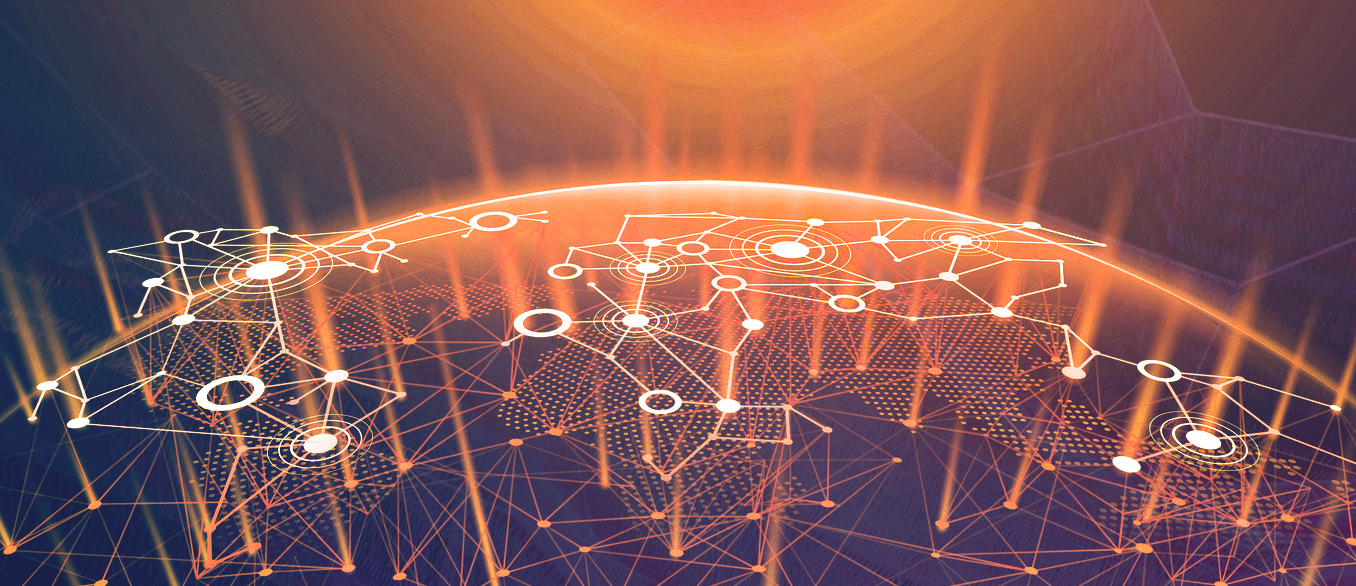A leap forward in AI ethics and safety
July 5, 2024

Guy Perelmuter : The very purpose of my book is twofold. First, to overthrow this myth that we are “living a period of change.” The entire history of civilization is all about change—and, more than that, about technological change. This is what defines us as a species, this is what propels us forward. Change is coming faster and faster, that’s for sure—and it will likely accelerate even more. And second, to highlight and explain not only the benefits but also the risks that a tech-driven lifestyle throws at us.
What is remarkable about the current technological changes we are experiencing is that they are sitting at the intersection of a set of extraordinary advances: faster microprocessors, cheaper digital storage, ubiquitous access to information, efficient algorithms, and an increasingly better understanding of the laws of nature. These ingredients, decades in the making, are some of the key enablers of the Deep Tech Revolution.
Deep Tech is where science meets technology, where PhDs and subject matter experts are able to apply their knowledge and transform it from intellectual achievements and academic papers into systems, devices, prototypes, products, and methodologies. Deep tech companies are the ones effectively building the future of the world economy, one technology at a time: robotics, biotech, nanotech, artificial intelligence, self-driving vehicles, energy, aerospace, agritech—the list goes on and on.
In each chapter of this book, I discuss one or more (deep) technologies that are bound to become part of our future. As you will see, I try to focus on the advances that are created to address “inevitabilities” in the making: longer human life spans; population growth; an increasing demand for energy, mobility, and food; and ever more complex systems fed by unimaginable amounts of data flowing through a vastly interconnected infrastructure over space, air, land, and sea.
I believe that understanding not only how these technologies work and what they are all about but also their remarkable origins is critical to fully understand and appreciate the magnitude of their impacts on our individual and collective futures—making sure their social and environmental impacts are not lost on us.
G. P. : I was probably eight or nine years old when I first began learning how to program a computer: a Sinclair ZX81 with a whopping 64KB of (maximum!) memory and a cassette recorder storage unit. Over the next decades I was able to witness the amazing progress predicted by Moore’s Law (more on that later in the book) and to realize that this very experience was nothing but one more link in a very long chain of events that was triggered when our earliest ancestors began using tools, roughly a couple of million years ago.
G. P. : There are a number of « inevitabilities » in our future, and each one of them brings a number of opportunities. For example, we are living longer and healthier thanks to significant advances in medicine and a deeper understanding of the laws of Nature. The « omics » revolution (genomics, proteomics, metabolomics, transcriptomics) is allowing us to better understand the behavior of our bodies down to the cellular level. Now, people living longer and healthier lives also means a global demand for services for senior citizens (mobility, monitoring, healthcare) — and a potential strain on the social security system of many countries. Global warming is another « inevitability », and the need for tech-driven solutions for energy, new materials, mobility, and industries will only increase over the next few years. And, of course, a world where AI is a part of our daily lives — not only under the hood, but very much taking center stage — is already playing out after decades of unfulfilled promises.
G. P. : Read as much as you possibly can.
G. P. : When it comes to technology, there is no shortage of exciting things in the horizon – energy, new materials, robotics, AI, biotech. I think the time is coming for an even deeper collaboration between humankind and artificial systems, and that’s probably a trend to keep an eye on.
Thank you Guy Perelmuter
Thank you Bertrand Jouvenot